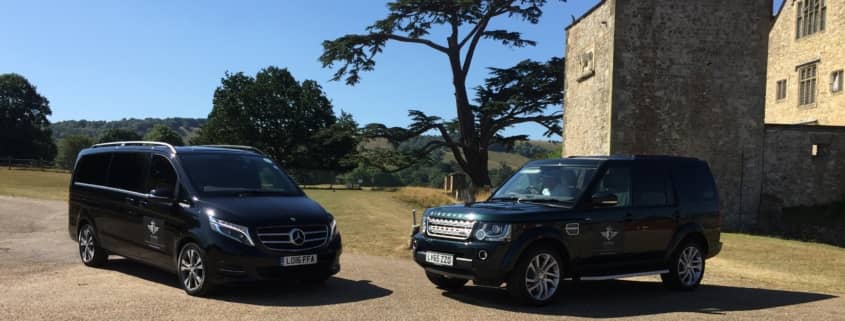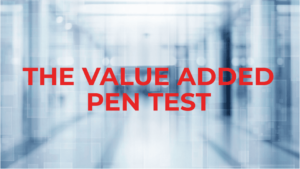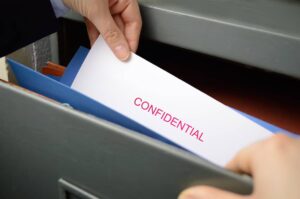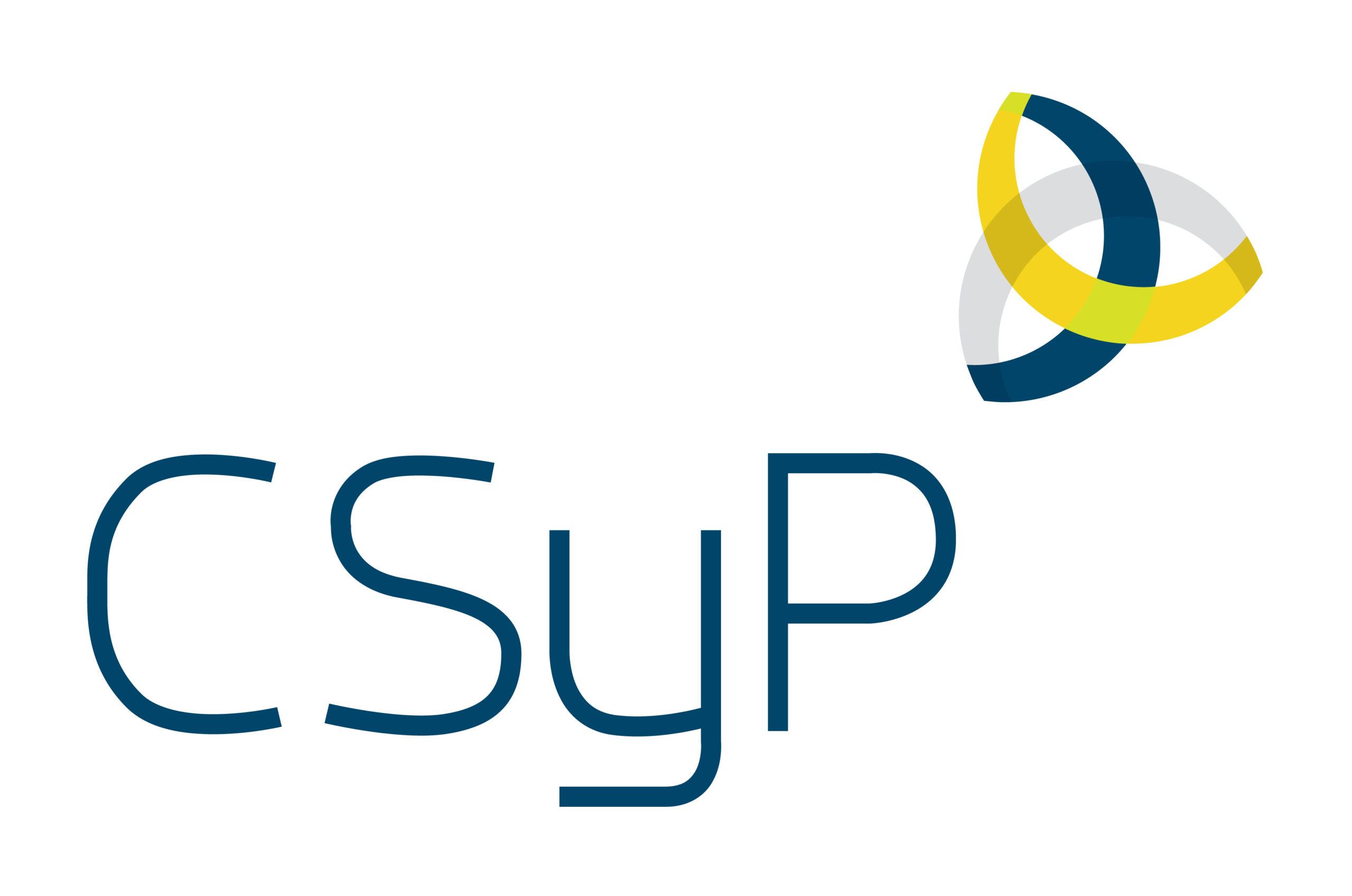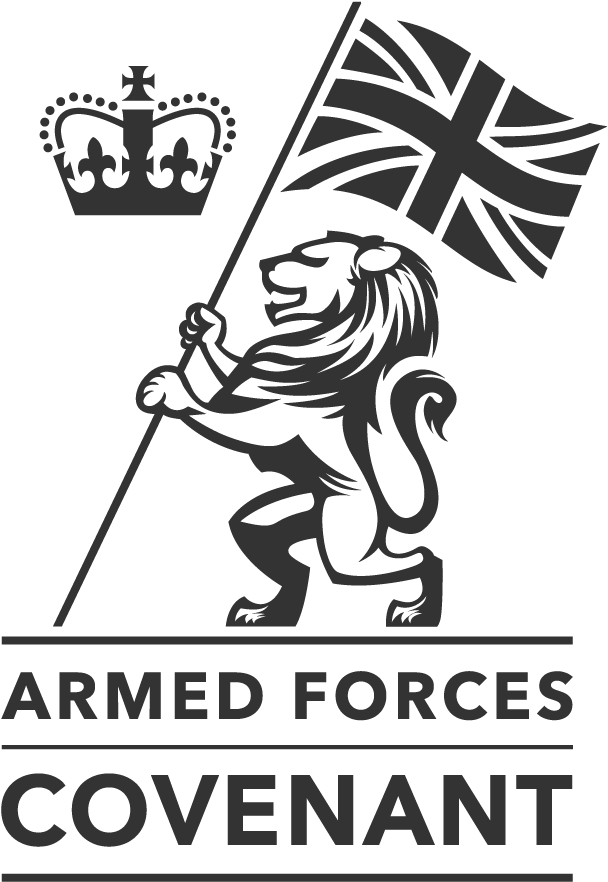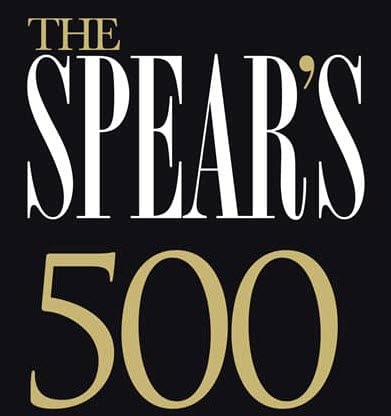Many Close Protection officers are moving towards a career in Surveillance, this blog looks at why this is and provides some tips for getting started.
We receive muliple CV’s each week, and part of my reason for writing this blog is to apologise to the number of people that we do not manage to reply to, and to provide what I hope are some useful tips for people looking for work in the surveillance industry. Over the last two years I have seen an increase in the amount of Close Protection Operatives stating that they are “Surveillance Trained” when I ask for more detail many have only completed a couple of days or at the most a weeks training. Coming from a background with a surveillance course that lasts months rather than weeks I feel the need to point out some of the benefits and drawbacks for people that are new to Surveillance moving towards this path. The vast majority of people that we use for surveillance work are former Government trained operators, this is partially due to a natural network that we have acquired over many years in the industry but mostly because we know that these people have been extensively trained and have also gained years of experience. We will occasionally use new faces especially on long running jobs where we need lots of rotation to avoid compromise, but these people are always strongly recommended unfortunately we rarely have the chance to mentor people as most of our work is so dynamic and it is very hard to plan far ahead. It is important to point out that there are different types of Surveillance, for more information regarding this please see my previous blog, “who uses covert surveillance” Why are more people being drawn to Surveillance? The easy answer is money, the boom in CP is long over and the wages since the early days of the aftermath of the Iraq war have dropped significantly. When the SIA licensing was first introduced there was an initial surge in people looking for work as CP suddenly became a much more accessible career. When the major conflicts in the Middle East started scaling down many people were left looking for alternative work and the rates of pay started to fall. There have also been some short-term spikes in interest such as a recent increase in demand after the popular drama “Bodyguard”. The wages for SV work can be better than CP, especially if you work for a company who pride themselves on offering a Government level service and whom will use the best operators, although a drawback that operators entering the industry need to be aware of is the need to invest in equipment. The minimum that you will need to enter the industry is a suitable vehicle or “surveillance platform” long lens camera and video recorder ideally suitable in low light and also a covert camera, it is also worth thinking about both UHF and VHF radios and suitable insurance cover. Protective Surveillance Protective Surveillance is the main connection between the two professions, a hybrid which has never actually been taught at Government level, it has been adapted due to demand and is the opening for many CPO’s. There are many attributes such as vigilance, and patience which are vital for both roles. Protective surveillance can be carried out either with or without the subject’s knowledge, it is a light approach which sees the operators keep their distance and observe the subject whilst being prepared to break their cover and operate in a protective capacity if required, this has obvious pros and cons. The lines can sometimes be quite blurred between close protection and protective surveillance making surveillance a natural progression for people who have been involved in this type of work. However it is vital for these people to also undertake a proper surveillance course. Until recently there have been very few accredited providers with mixed results, as it stands it is not essential to have any form of qualification to work in the surveillance industry although the ABI (Association of British Investigators) do require their members to have the minimum of a level 4 certificate in private investigation. Some skills such as observation and situational awareness are not necessarily something that can be taught, they are something that most people either have or don’t have, however other crucial aspects of surveillance work such as discretion, evidence gathering, understanding the rule of law and the applicable acts, are essential for someone entering the industry. Many Surveillance jobs end up in court and if the surveillance operator has made a technical error or they have not evidenced their findings accurately or allowed their own opinions to substantiate evidence they will soon have a very bad reputation and could even face legal implications themselves. My advice to those who are considering a surveillance course is the following: Research your provider, you will save money if you opt for a course near your residential location, but a good well-respected training provider will make a lot of difference when you are looking for work. Ask people in the industry who has a good reputation, who has attended their courses and what feedback they have. Do some research through web forums and networking groups, check that if your provider is advertising that they are offering a “Government Level” course that they have actually worked in this capacity themselves and not in an unrelated entity and they have a thorough understanding of what they claim to be experts at. Also check who will be instructing your course, it is all very well for a great trainer to have produced power points of the course content, but the instructors also need to have had a high level of experience. Instructors who can give examples about work they have undertaken and problems they have experienced are hugely beneficial, it is this extra knowledge that can help you to become a considerably good operator who will achieve results. Also ask for detail of the course content, for instance if the company does not cover public transport and specifically the London underground, you could find yourself stuck when you are on your own, standing in the wrong place and are following someone changing lines at a busy tube station. Consider the type of work that you wish to undertake and whether you need a steady income or are happy with ad-hoc work. There are several large company’s specialising in surveillance for insurance firms, the wages are often lower but the work is more regular. Some company’s will offer their own training schemes designed to focus on the particular type of work that they specialise in. For some of the more interesting tasks you need to have a really good network which you will build up as you go if you are seen to be proficient. Prepare to spend a lot of your time networking and taking on the less attractive jobs to get yourself known, quite often your CV will just land in the right inbox at the right time. We had an operator who used to send me his CV on a weekly basis, whilst I admired his tenacity it did eventually get quite annoying. Don’t be disheartened if you do not receive a reply when you submit a CV, this is not personal, many people in the industry are often just too busy and replying to everyone would take up too much time, it is often worth trying a few months later but don’t overdo it. When we receive CV’s I will scan for the following: A photo in a top corner, this is just my personal preference and It sounds shallow but in the close protection field you are often seen with your client and your appearance is a direct reflection on them. When it comes to surveillance we are looking for the grey man, someone who does not stand out and will blend in to every situation. The next thing I look for is Government, Police or Military experience, I understand that this is a massive frustration to many who are joining the industry and did not take this course of career but to me it says I am dealing with someone trained to be physically robust, who will follow the brief, if I use someone for a particular job without this experience unless I’ve met them personally they must be well recommended by someone who knows our company and our level of expectations. I have lots of people asking me to “give them a chance” but at the end of the day we will not risk our reputation by taking chances. I have people on a weekly basis sending one-line comments via social media and email with words to the effect of “I think you are a great company I want a job” I would not even consider engaging with these people as they are clearly far from the level of operator that we use. Occasionally when we need to fill a job very quickly or find a specific type of person we will advertise outside our immediate network. If we ask for A CV or Bio and copy of an SIA license we will only forward CV’s of people who send exactly those things. They have demonstrated that they have listened to the requirement and they are prepared to follow instructions when necessary. It is also quite useful to have a Bio to send with your CV, a company will rarely want to send your contact details to a potential client. A bio would just contain your first name with no contact details, a photo and a client friendly biography of your experience. Surveillance like close protection can be an amazing career path with a great variety of work, new challenges to overcome, great people to work with and travel to some interesting places that you would not perhaps otherwise visit. It can also involve 12 hour shifts in cold weather with little or no subject movement and no access to amenities. To learn more about what to expect in surveillance work, see my blogs: A day in the life of a commercial surveillance operation – Part 1 A day in the life of a commercial surveillance operation – Part 2
